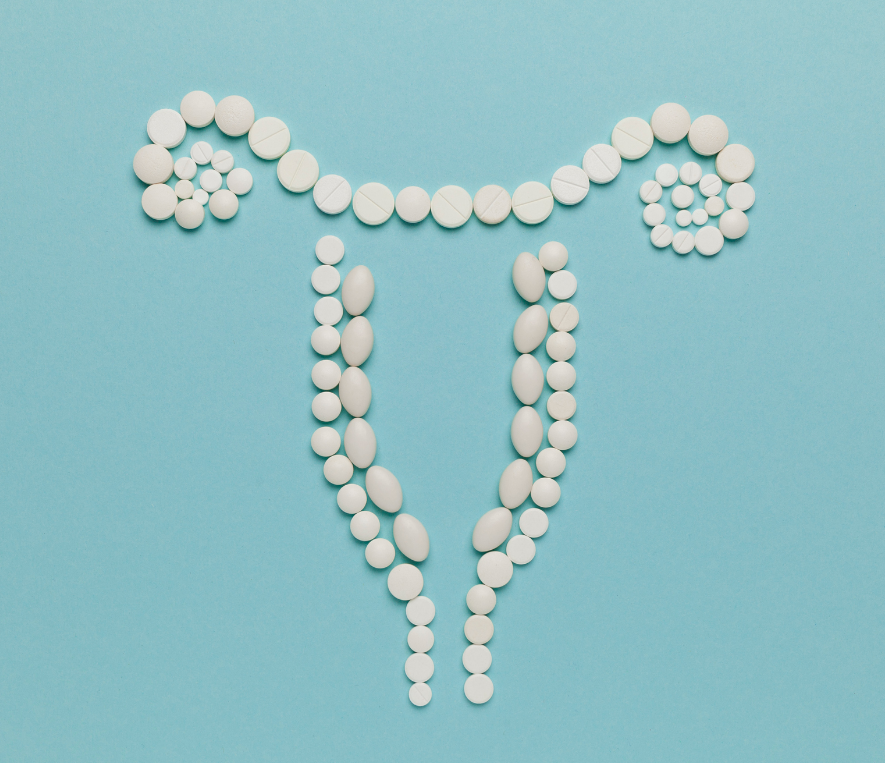Smooth muscle cells and fibrous tissue growths are called fibroids. They attach to the uterine wall in many cases. Women over 35 have an increased risk of developing this uterine ailment. Fibroids are the most common malignancies in the female reproductive system. Although fibroids are widespread, numerous misconceptions may lead to distress upon diagnosis. You may have heard several stories regarding uterine fibroids that are not true. Most myths about fibroids circulate due to misinformation or old medical practices. Therefore, it is crucial for women with fibroids to work closely with a reputable gynecologist such as Dr. Pamela Snook and acquire knowledge before deciding on a course of action. Likewise, keep reading to learn the truth about these common misconceptions about uterine fibroids.

Fibroids raise the risk of cancer
Uterine fibroids are tumors that develop from a proliferation of fibrous tissue. Muscular tumors may develop anywhere in the uterine cavity or uterine wall, or even outside the uterus. Their sizes range from minor than a seed to more significant than grapefruit. Most people think of cancer when they hear “tumor,” yet only around one in a thousand fibroids is malignant. A person’s chance of getting uterine cancer or any other kind of cancer is not raised because they have fibroids.
All fibroids cause pain
The belief that all fibroids cause excruciating pain ranks high among gynecological fibroid myths. But the truth is that many women with fibroids don’t feel anything and don’t find out they have them until their doctor finds them during a pelvic exam. That is because there is a wide range of fibroid sizes. The size and location of fibroids determine how much pain they cause. Nonetheless, it is not always the case; some make you feel uneasy.
You can’t conceive or carry a pregnancy to term if you have fibroids
Among patients, there is a widespread belief that uterine fibroids cause infertility. However, not all fibroids have this effect. Many variables affect a woman’s ability to conceive and maintain a healthy pregnancy. Fertility issues are uncommon in women who have asymptomatic fibroids. If infertility is a concern because of fibroids, therapy may assist. Despite this condition, many women with fibroids have successful pregnancies.
All fibroids need surgery
Despite popular belief, hysterectomy is not the sole option for women who suffer from fibroids. If your fibroids, for instance, are not making you uncomfortable, you may not require treatment. Over-the-counter pain relievers, birth control pills to stop bleeding and limit fibroid development, and shrinking drugs called gonadotropin-releasing hormone agonists (GnRHa) are some other therapy methods available for fibroids.
A fibroid removal is always necessary
As a woman approaches menopause, the fibroid may decrease or cease developing, and her doctor may advise doing nothing. Your symptoms will be continuously checked, and you may need to have ultrasounds regularly to ensure the fibroid is not developing. There is an alternative to surgical removal of the fibroid, and that is the use of anti-hormonal medicines.
Have you been diagnosed with uterine fibroids? As you and your doctor work to find the best treatment for your fibroids, it will assist in having as much information as possible at your disposal. You should consult with experienced vascular experts to better understand your condition and decide on the most appropriate course of therapy.



